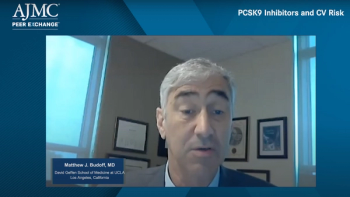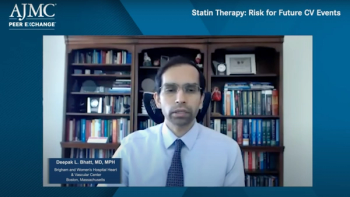
Cardiovascular
Latest News
Latest Videos

CME Content
More News

Low-density lipoprotein cholesterol (LDL-C)–lowering therapies have yielded significant value to society through reduced costs for both fatal and nonfatal cardiovascular disease events. The vast majority of this value has accrued to patients.

Patients with chronic cardiac conditions benefited from a health care program that strengthened collaboration between general practitioners and cardiology specialists in Baden-Wuerttemberg, Germany.
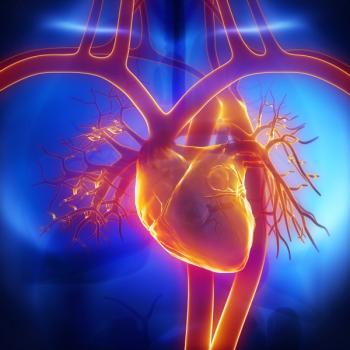
Premature coronary artery disease (CAD) is an aggressive disease with a high rate of ischemic recurrences and premature death, researchers said.
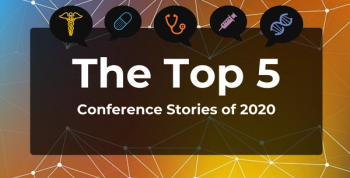
The top 5 most-read conference stories of 2020 on AJMC.com included stories about study results on the impact that new therapies are having on cardiovascular and renal health.

A recent study sought to estimate the incidence of clinical events such as bleeding, myocardial infarction, and all-cause mortality in patients with acute myocardial infarction and chronic coronary syndrome who received dual antiplatelet therapy (DAPT) after coronary stenting.
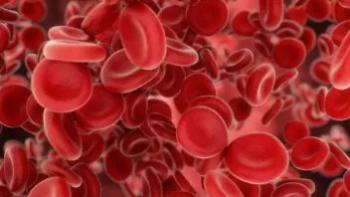
The distinction between valvular and nonvalvular atrial fibrillation (AF) has been a persistent point of confusion for clinicians.
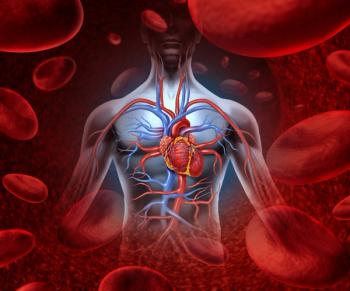
The American College of Cardiology provides new guidance on the best therapy to prevent blood clots for patients with atherosclerotic cardiovascular disease who also have atrial fibrillation or venous thromboembolism and require an anticoagulant.

Giving patients icosapent ethyl, or Vascepa, led to a 52% reduction of the total patient-reported symptom outcome prevalence score as compared with a 24% decline for outpatients who received usual care.

There was a significant decrease in the rates of cardiovascular complications and mortality in adults with diabetes in South Korea, but other conditions increased.

Despite heavy alcohol consumption being linked to increased incidence of atrial fibrillation (AF) and bleeding in patients with the condition, recommendations to control heavy drinking among this patient population are lacking.

Childhood abuse, household dysfunction, and neglect were linked in a recent study to an increased risk of developing cardiovascular disease in adulthood.

A recent prospective, observational study investigated the use of direct oral anticoagulants for use in patients with postoperative atrial fibrillation and found favorable safety and efficacy results.

The use of a population health management tool may reduce adverse events that may arise from the inappropriate prescribing of direct-acting oral anticoagulants (DOACs).

It remains unclear whether measures of magnetic resonance imaging plaque characteristics are associated with cardiovascular disease events independent of plaque burden at the population level.


Finerenone may represent an important step forward to reducing cardiac illness and death in patients with chronic kidney disease (CKD) and type 2 diabetes (T2D), the study said.

The investigator of the STRENGTH study says findings raise questions about the landmark REDUCE-IT trial, but other evidence suggests the drugs involved are different.

Using Plan-Do-Study-Act cycles, the studied intervention reduced hospital inpatient telemetry time by 51.25% while increasing American Heart Association (AHA) guideline–based usage.

The authors report overutilization of telemetry monitoring in a community setting, increasing the cost of health care and potential harm to patients with unnecessary interventions.

Calculating a social score is feasible and it predicts cardiovascular outcomes. In order to do this, institutions have to collect social determinants of health.



